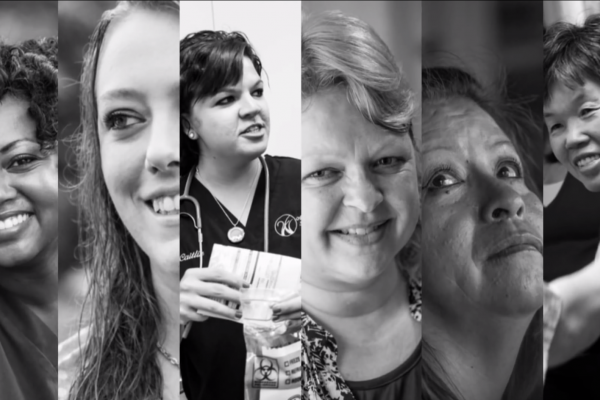Watching the news cycle for the past week or so, I have been pleasantly surprised at how much the issue of poverty is being discussed. There have been many analyses of the successes and failures of the War on Poverty, the 50th anniversary of which we marked last week. But there is one report that has particularly fascinated me — and many others — as it describes how women have been struggling the most against poverty in the United States. In partnership with the Center for American Progress, this year’s Shriver Report: A Woman’s Nation Pushes Back from the Brink examines the problem of poverty as it pertains to women and proposes solutions to eradicate it.
Although those of us who have lived and worked in low-income neighborhoods have witnessed firsthand how poverty affects women and their children, seeing the numbers laid out is still overwhelming.
Read the Full Article

